Network programming
Regional and global programs are conducted through a collaborative approach between Members, Supporters, and the Secretariat of the Network for Religious and Traditional Peacemakers and are based upon requests from local or international peacemakers and partners. These collaborative actions and processes:
1. Enhance the local ownership of actors involved.
2. Reduce the duplication of efforts.
3. Promote and strengthen sustainable collaborative actions.
Our joint engagements support and advance efforts led by religious and traditional actors – including women and youth – who are essential in preventing and addressing conflicts and promoting sustainable peace.
Regional Programming
Europe, Middle East & North Africa
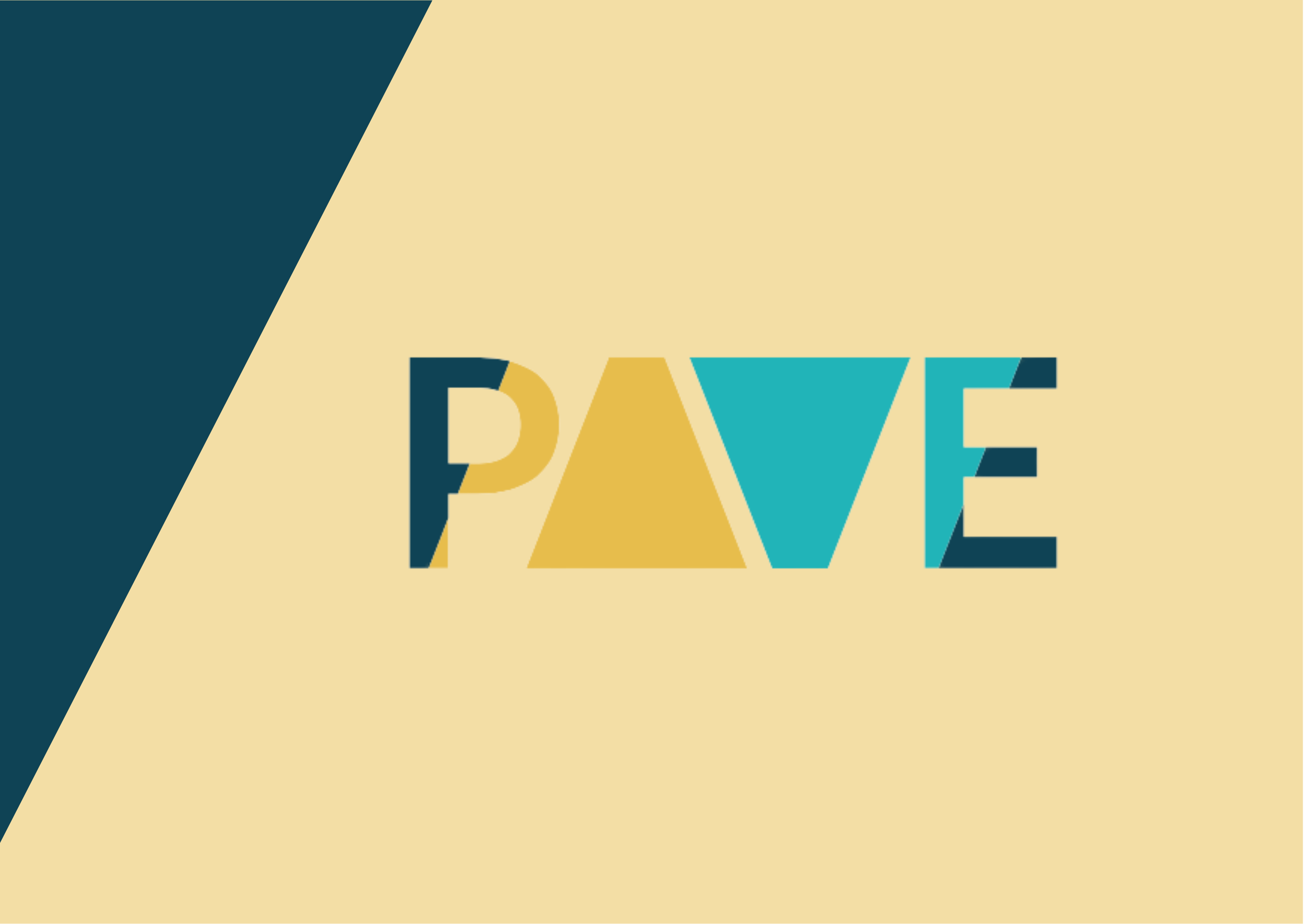
PAVE – Preventing and Addressing Violent Extremism
complete
The European Union funded project, ‘Preventing and Addressing Violent Extremism’ (PAVE) through community resilience in the Balkans and MENA aims to tackle the global issue of radicalization by examining its root causes and driving factors. Based on a participatory and inter-regional approach, PAVE will advance evidence-based knowledge on violent extremism in the broader Middle East and North Africa (MENA) region and the Western Balkans.
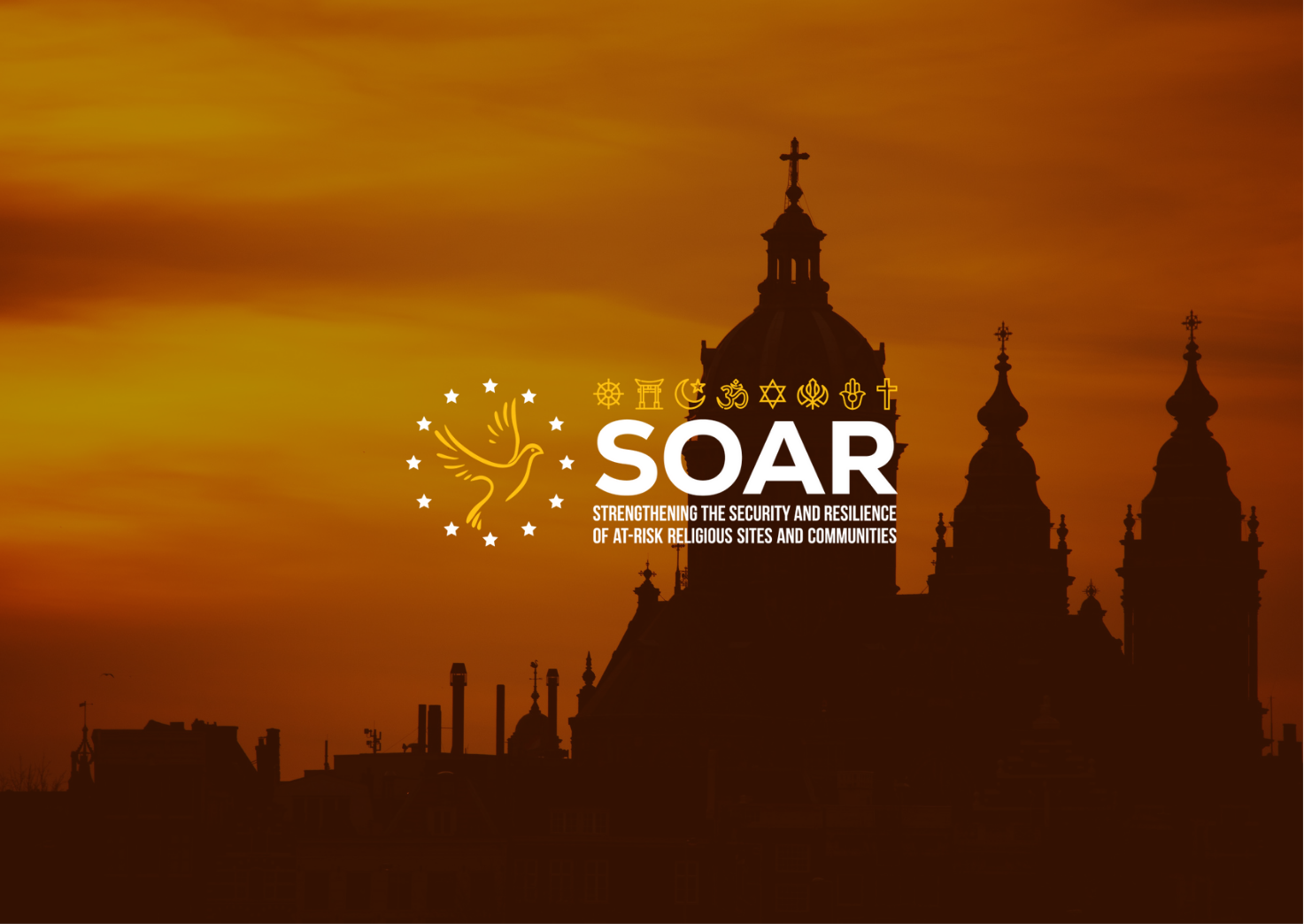
SOAR – Protecting Places of Worship
complete
The European Union project, ‘Strengthening the security and resilience of at-risk religious sites and communities’ (SOAR) contributes to advancing the protection and safeguarding of places for worship, with a focus on communities of worship within the European Union (EU).
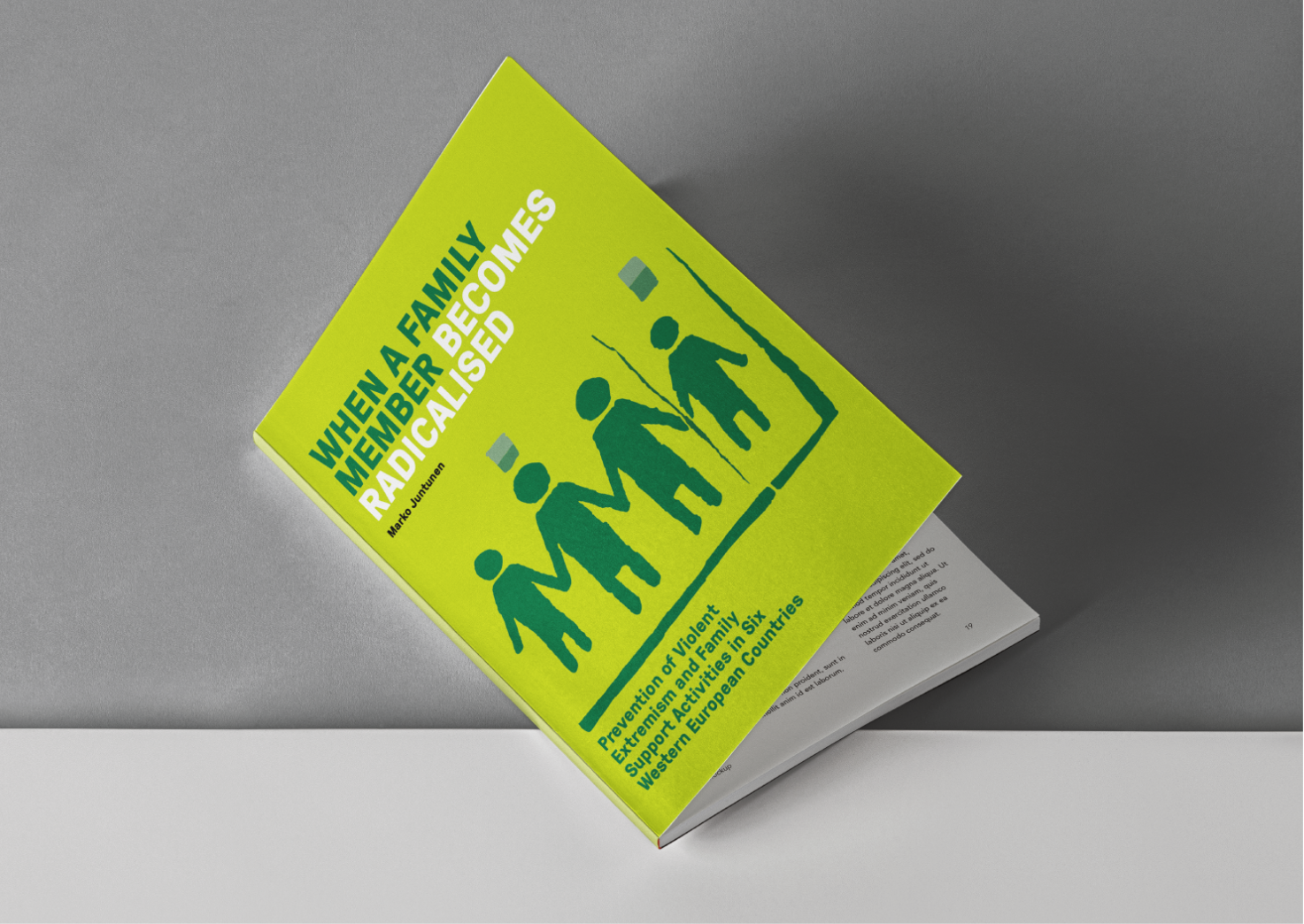
Reach Out 3
Complete
Reach Out 3 is part of the Finnish National Action Plan for Preventing Violent Radicalization and Extremism 2019-2023. The work supports local and national stakeholders, authorities, civil society actors, and faith communities to better address the needs of families and individuals affected by radicalization and extremism.
Latin America & the Caribbean
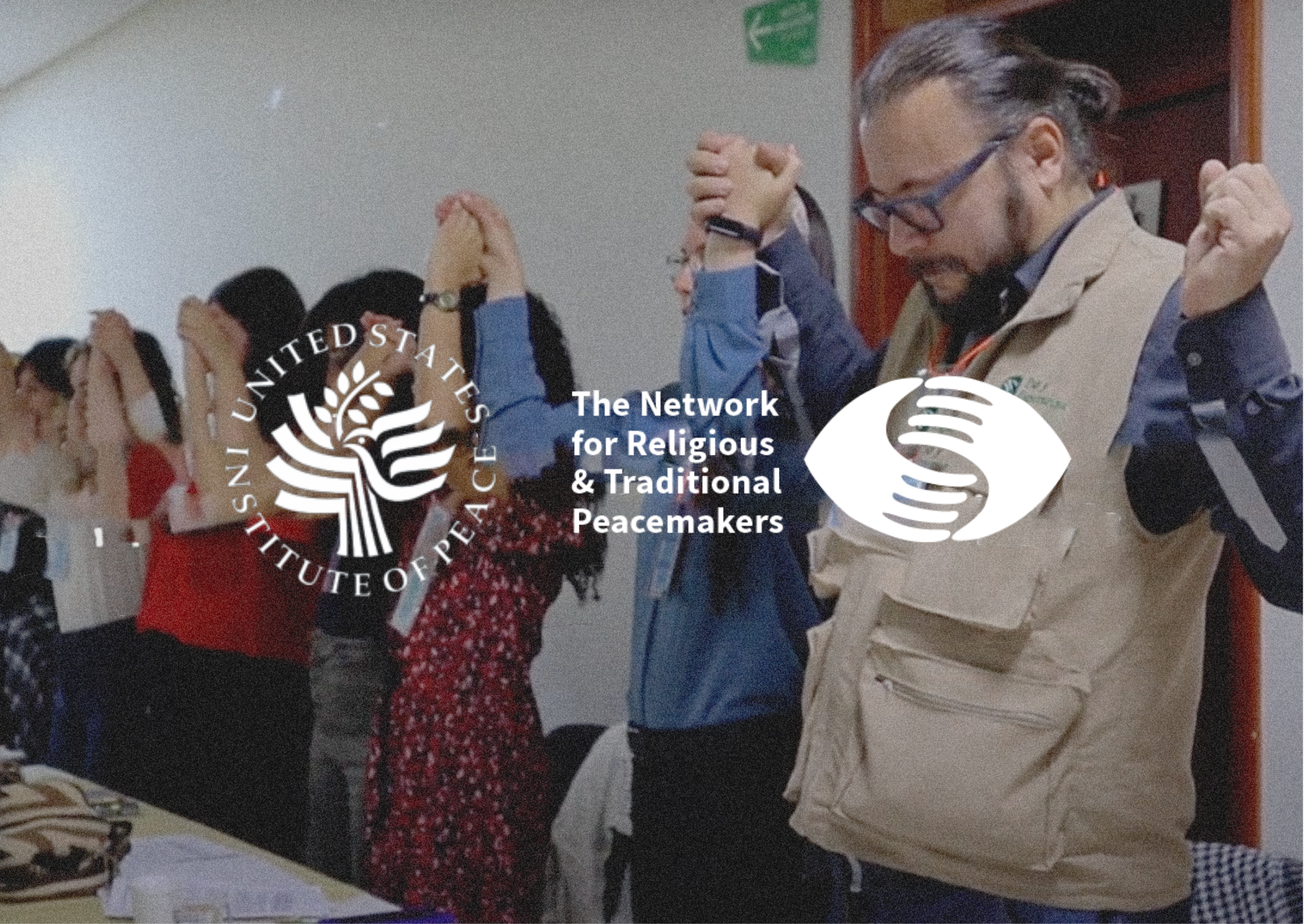
Network & USIP Partner to Support Religious Actors & Mental Health Professionals
Complete
Since spring 2021, the Network has been providing guidance and support to its member, the U.S. Institute of Peace (USIP) to identify best practices in psychosocial support to better facilitate collaboration and cooperation between religious actors and mental health professionals who provide services to conflict-affected communities — including trauma-affected displaced persons. The initiative will focus on Latin America, namely Colombia and Venezuela, as a pilot region, aiming to offer practical recommendations to relevant stakeholders.
South & Southeast Asia
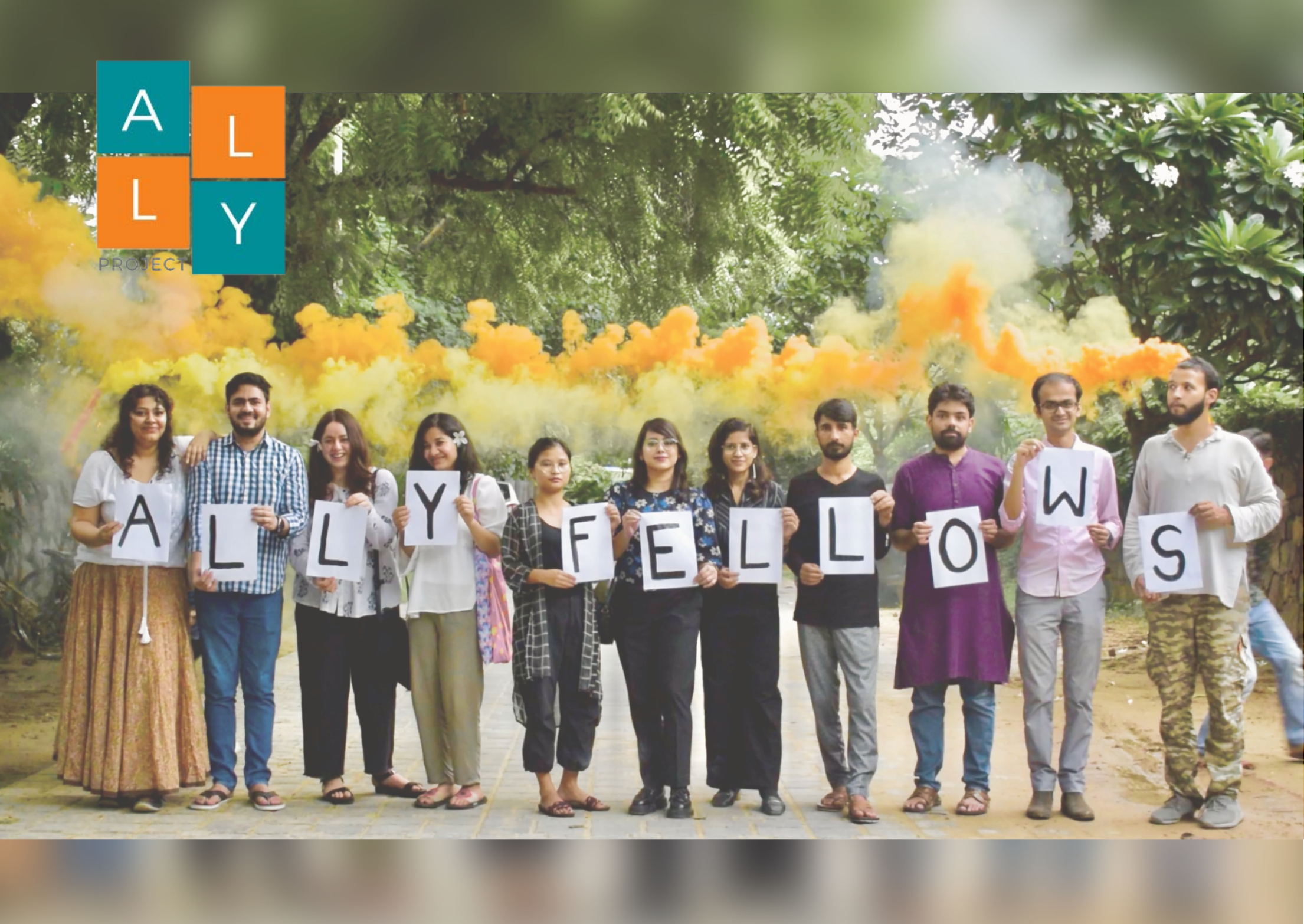
ALLY – Amplifying Leadership of Local Youth
complete
The European Union-funded ALLY Project is a youth-sensitive initiative focused on amplifying the youth voices and actors in addressing diverse factors of violence and preventing violent extremism in South Asia, particularly in Bangladesh, Sri Lanka, India, and Pakistan.

AHA! – Awareness with Human Action
Complete
The European Union-funded AHA! Awareness with Human Action seeks to contribute to the response efforts to the COVID-19 pandemic by preventing conflict and building social cohesion in Pakistan, Sri Lanka, Bangladesh, and broader South Asia.
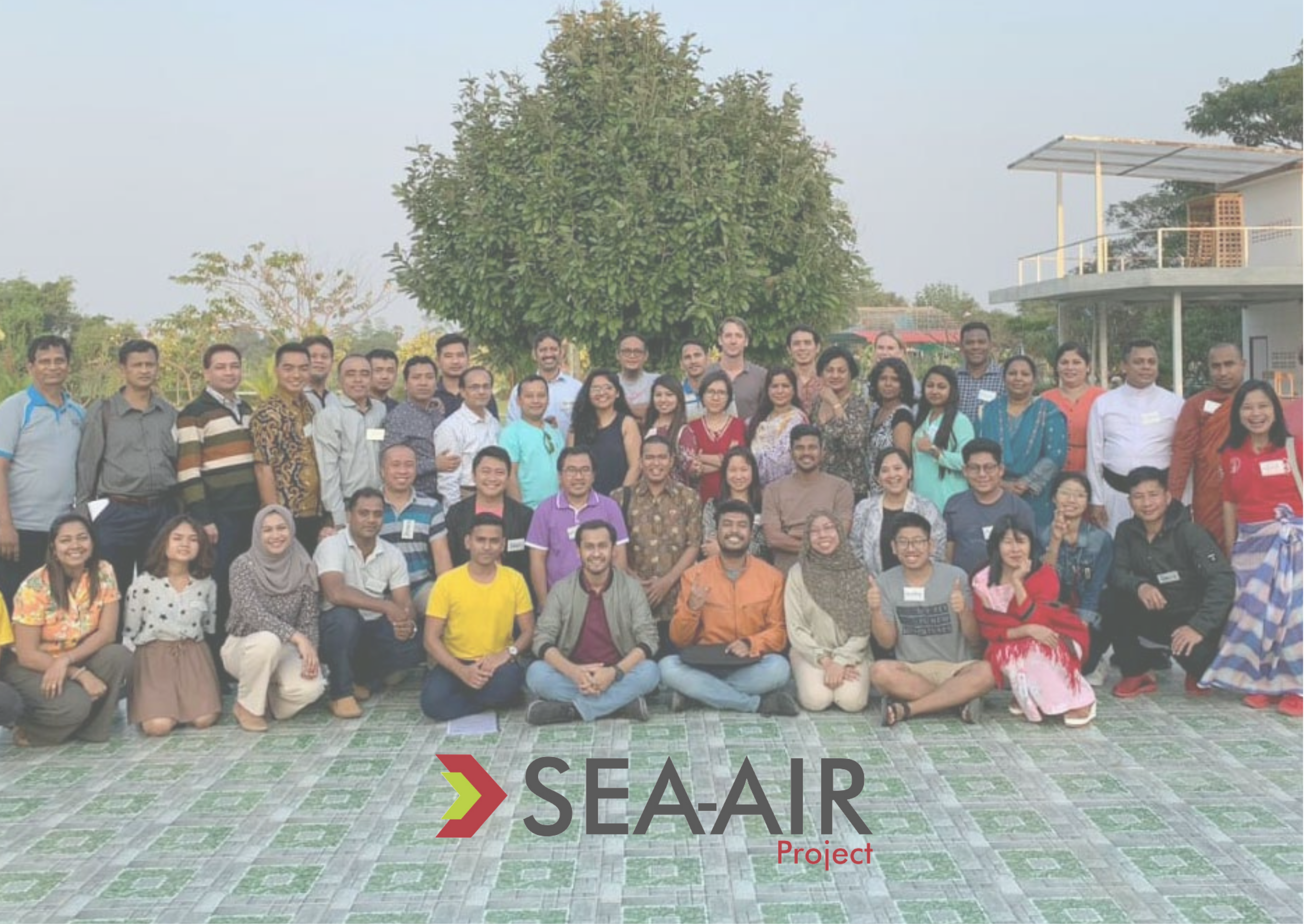
SEA-AIR – Southeast Asia Advancing Inter-Religious Dialogue for Freedom of Religion or Belief
complete
The European Union SEA-AIR Project contributed to an improved consensus and a conducive environment for the protection of freedom of religion or belief and for peaceful coexistence of groups and individuals with different religious affiliations in Southeast Asia.
Sub-Saharan Africa
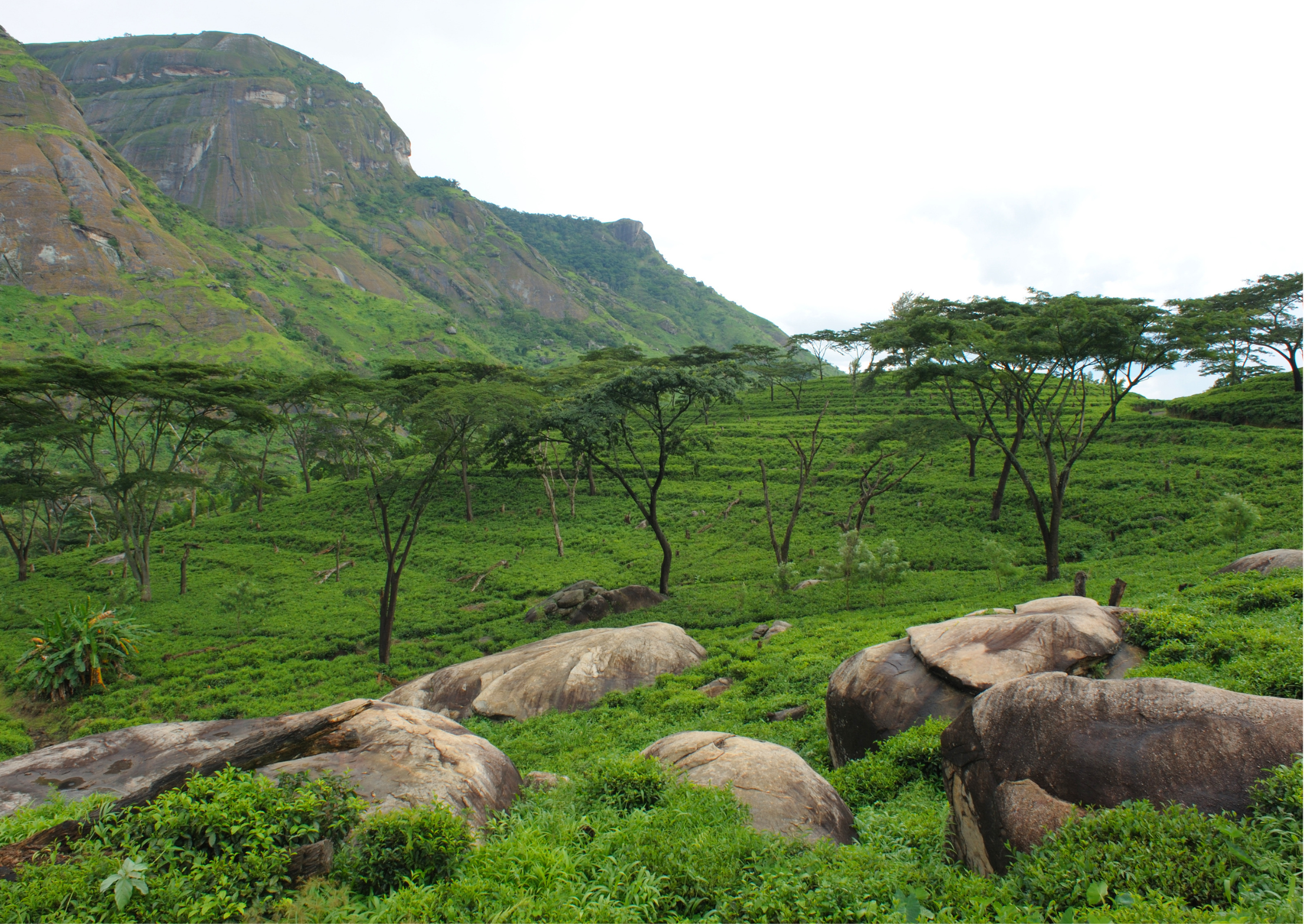
CSC –The Community Social Cohesion Project: Strengthening Social Cohesion in Cabo Delgado and Niassa
Ongoing
Together with lead organization Aga Khan Foundation and Associação Progresso, in 2022, the Network began implementation of a new project in Mozambique titled ‘The Community Social Cohesion (CSP) Project: Strengthening Social Cohesion in Cabo Delgado and Niassa’. Over the course of the 18-month project funded by the European Union, the Network will provide technical expertise and capacity support to the project team, communities, government, and other stakeholders on conflict prevention, interfaith dialogue, peacebuilding, and social cohesion.

JISRA – Joint Initiative for Strategic Religious Action
ongoing
In 2022, the Network has also joined the global JISRA focused on promoting Freedom of Religion and Belief (FoRB) across seven countries including Ethiopia, Kenya, Uganda, Mali, Nigeria, Iraq, and Indonesia. The Network will provide technical expertise and capacity support to the consortium and project partners on Muslim faith literacy, Islam and FoRB and pluralism. The project is funded by the Dutch MFA until the end of 2025. The consortium lead is Dutch NGO Mensen Met Een Misse and consortium members include Tearfund, Search for Common Ground, and Faith to Action Network.
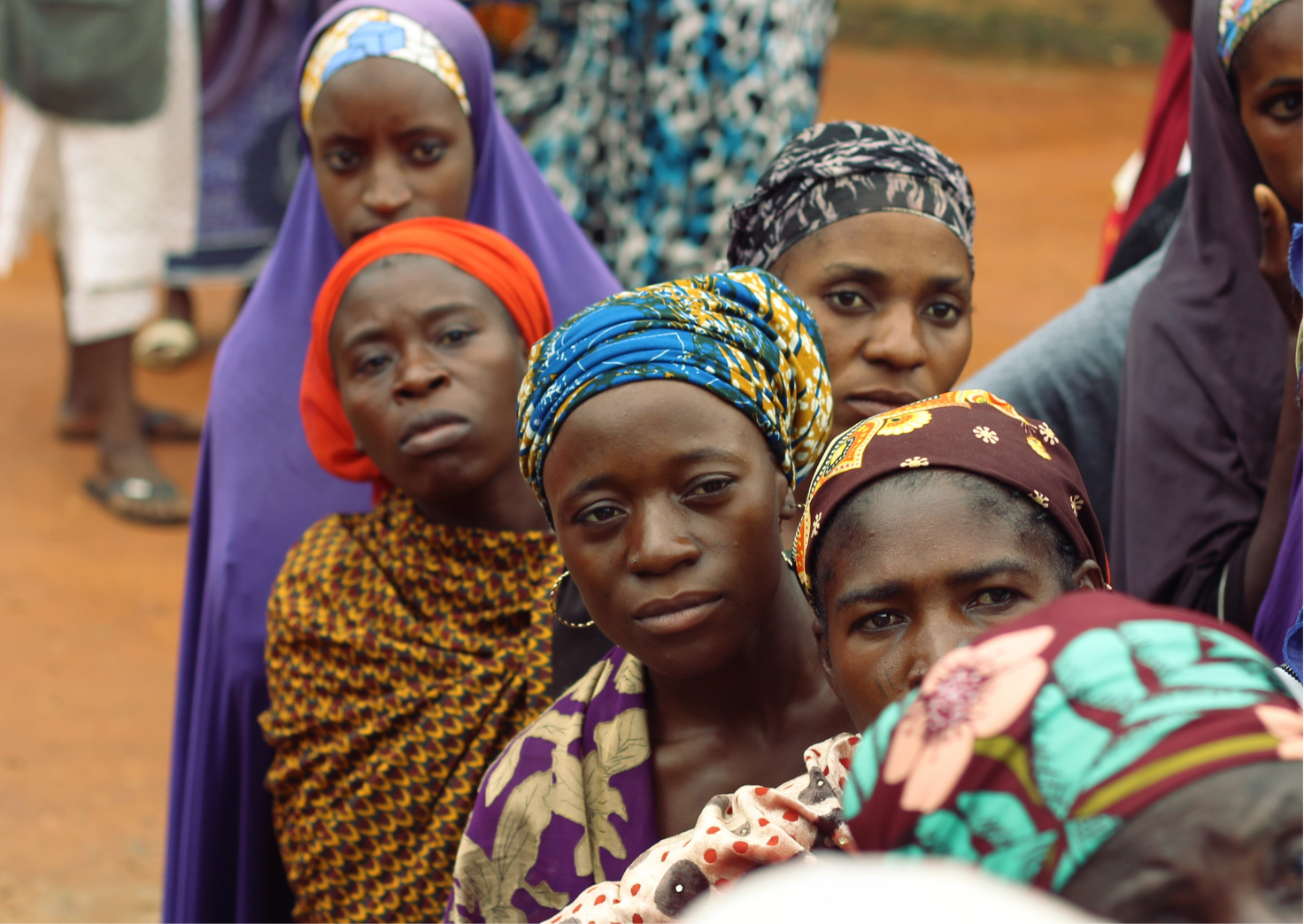
Reconciliation in Somalia
ongoing
The Network continues to build the capacity of the Somali Government in implementing the framework from 2020 onwards and supports the inclusion and leadership of women in peace processes in Somalia.
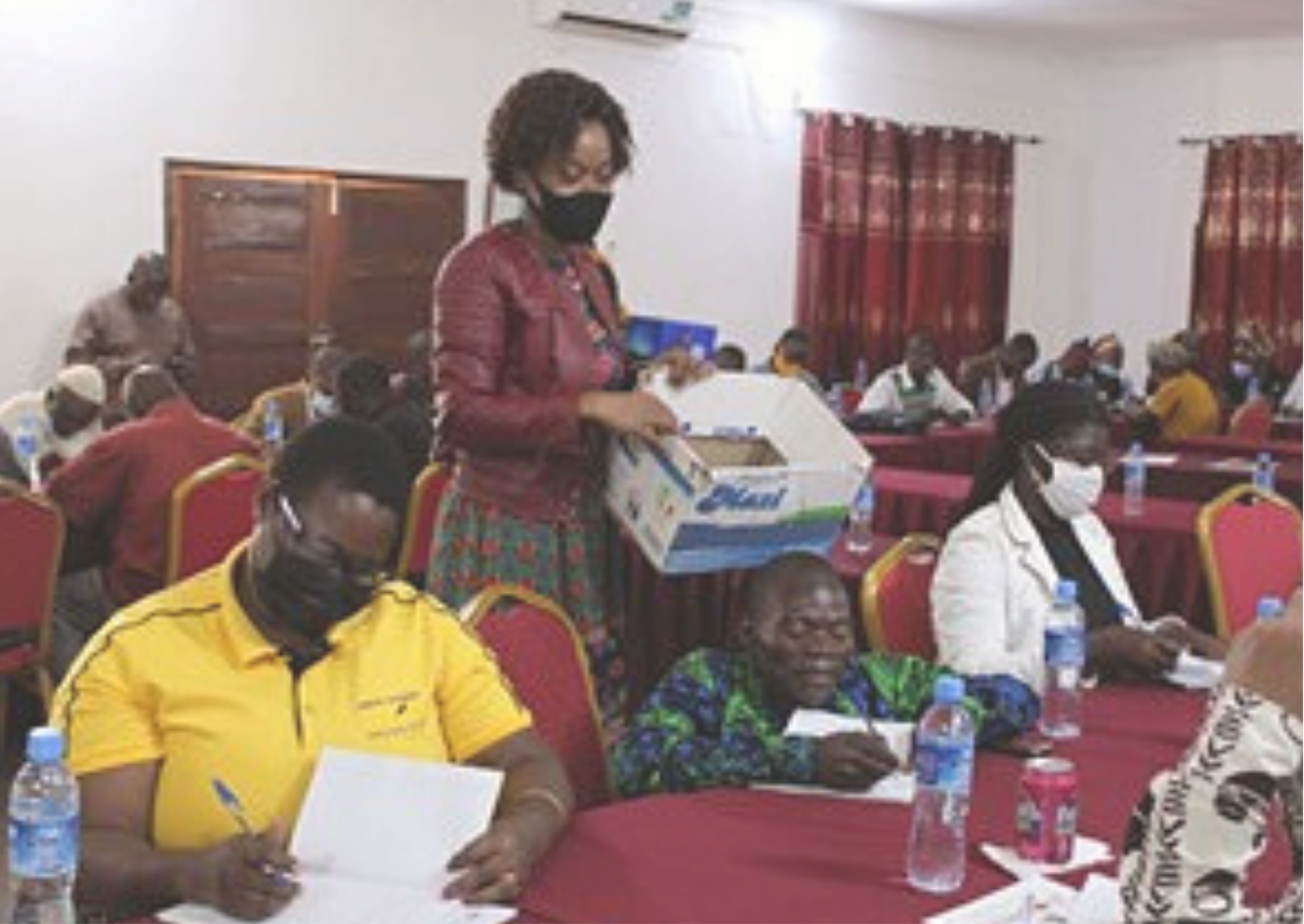
ID-PEACE – Interreligious Dialogue for Peace and Social Cohesion in Mozambique
complete
To reduce inter-and intra-communal tensions and related religious freedom abuses by strengthening social cohesion and religious tolerance in Mozambique, MASC Foundation and the Peacemakers Network are partnering with local stakeholders to implement, the “Interreligious Dialogue for Peace and Social Cohesion (ID-PEACE).”
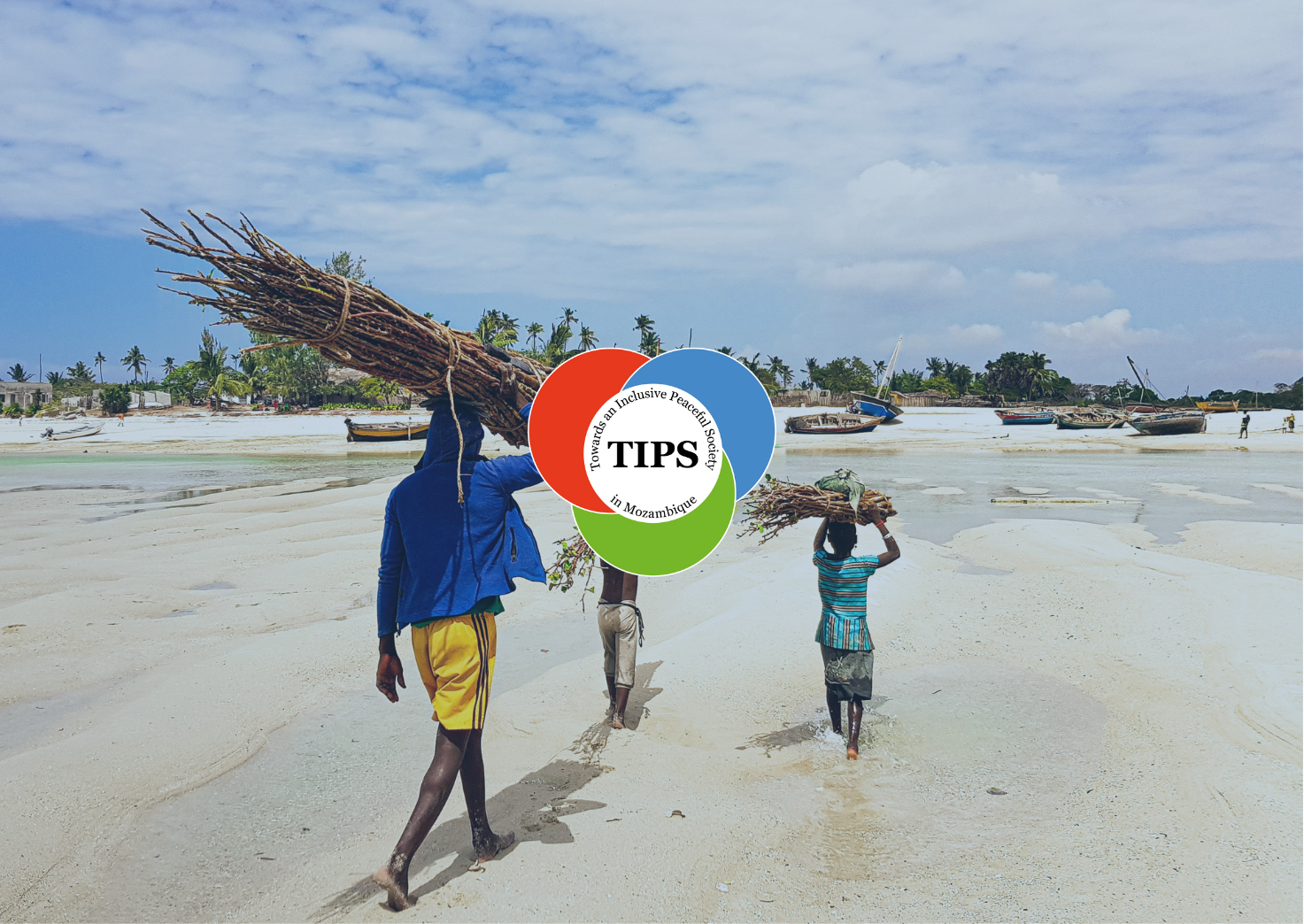
TIPS – Towards an Inclusive and Peaceful Society in Mozambique
complete
‘Towards an Inclusive and Peaceful Society in Mozambique’ (TIPS) is a European Union-funded project that aims to contribute to conflict prevention, crisis preparedness and response, and peacebuilding through inclusive natural resource governance and management through strengthening the leadership and capacities of civil society actors as well as preventing and addressing natural resource-based conflicts through multi-stakeholder dialogue and engagement in Mozambique.
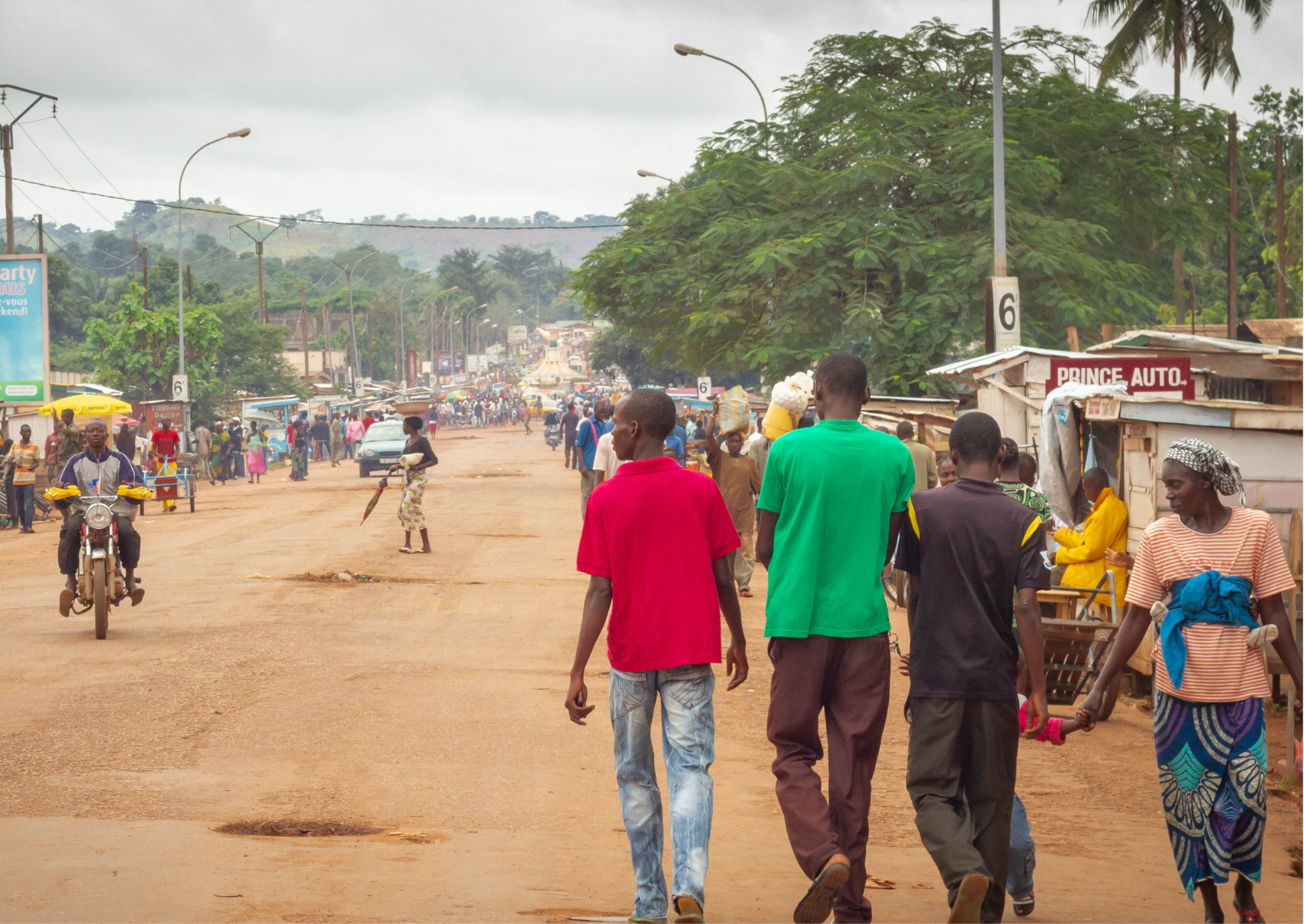
Central African Republic
complete
Together with Finn Church Aid, CAR Country Office, and KAICIID Dialogue Center, the Network created the Peacemaking in the Central African Republic (CAR) project that supports Muslim and Christian communities in contributing to a more peaceful nation.
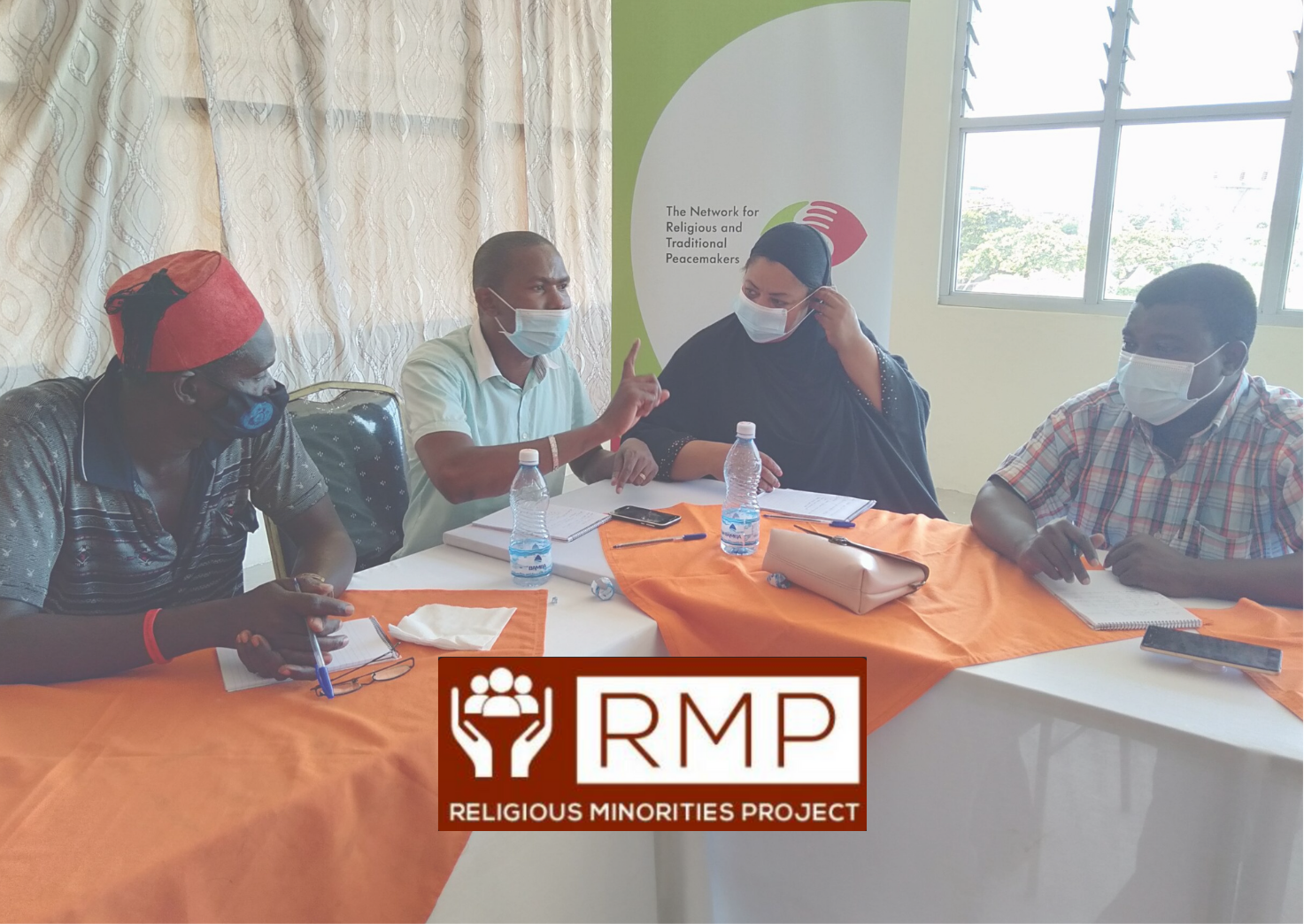
Religious Minorities in Kenya: Overcoming Divides & Respecting Rights
complete
Religious Minorities in Kenya sought to address the problems affecting the full enjoyment of rights by the Muslim minority and the African Traditional Religions (ATR) communities in Kenya.
Global Programming
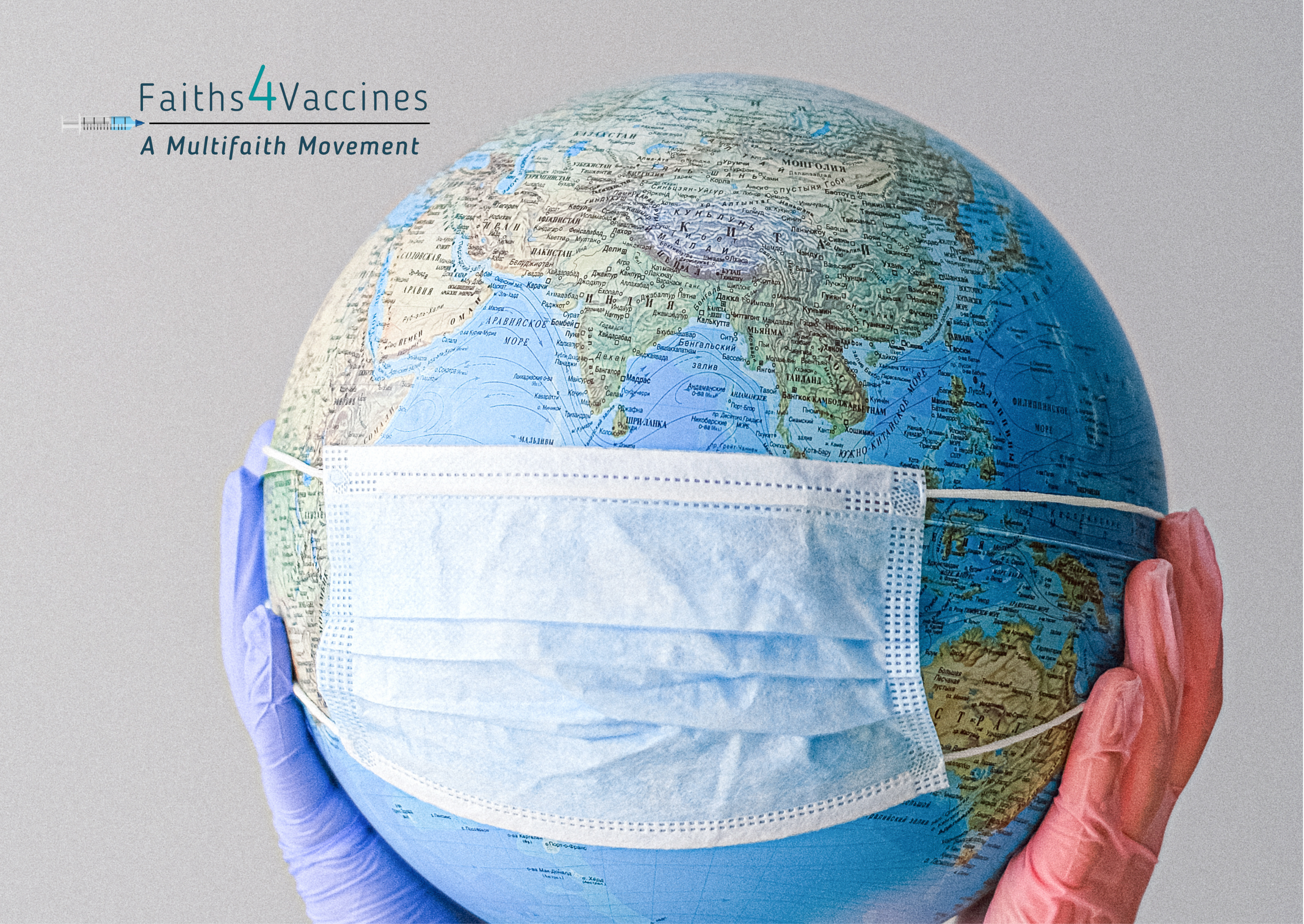
Faiths4Vaccines
completed
Faiths4Vaccines is an inclusive, multifaith movement comprised of local and national religious leaders, as well as medical professionals, who are working together to identify and resolve current gaps in vaccine mobilization, outreach, and uptake. Therefore, the initiative seeks to increase opportunities for faith-based institutions, particularly houses of worship, to engage and support efforts to increase vaccination rates through the advancement of equitable vaccine access and distribution and combat vaccine hesitancy.
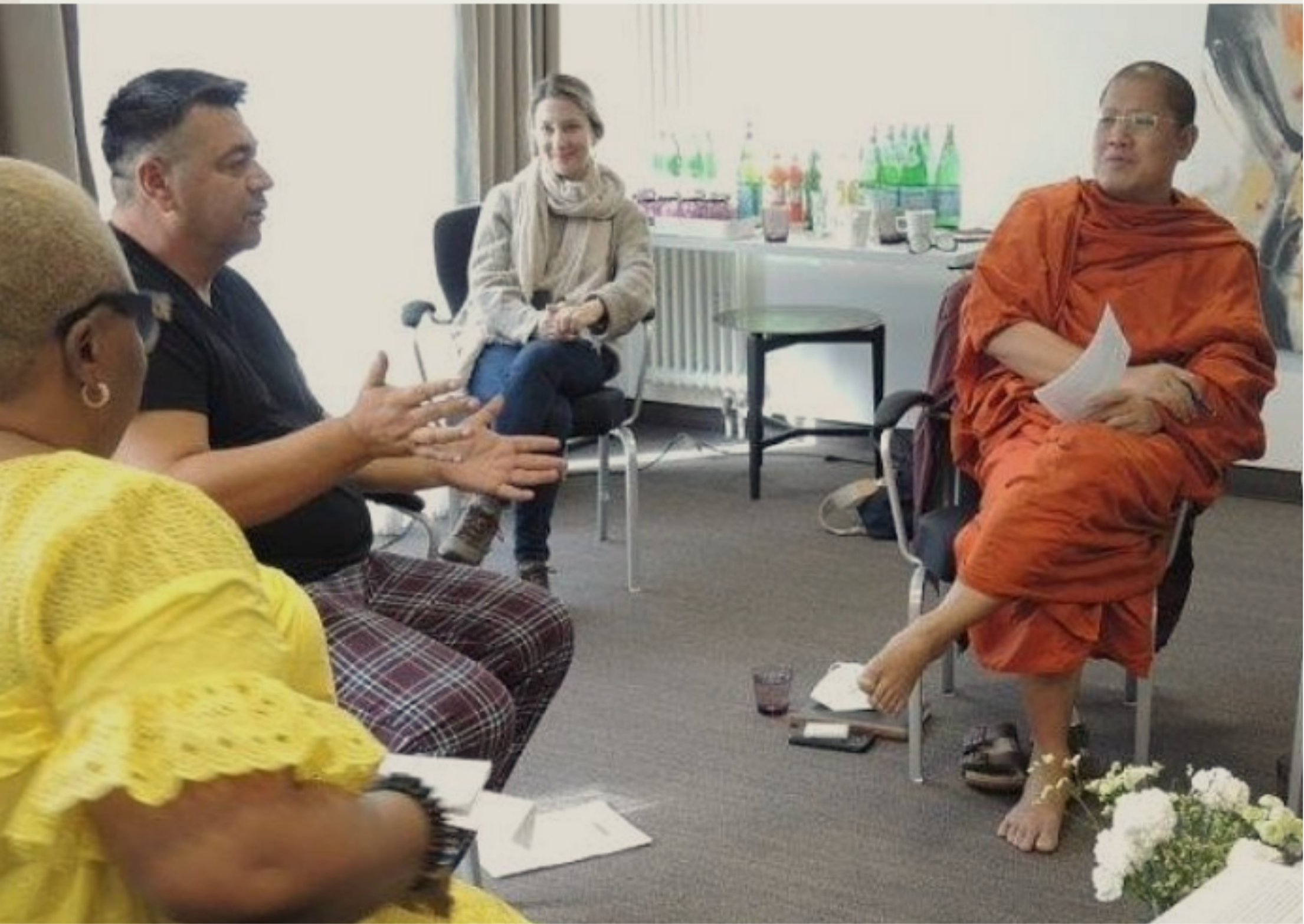
A Network for Faith-Based Mediators
ongoing
The Network of Faith-Based Mediators (NFM) seeks to build the capacity of a group of nine faith-based mediators. Within the network, the faith-based mediators exchange experiences and methods and aim to develop and support concrete mediation support activities and provide faith-based mediation support beyond these contexts. This project is led by the Peacemakers Network, Berghof Foundation, and supported by the German Federal Foreign Office.
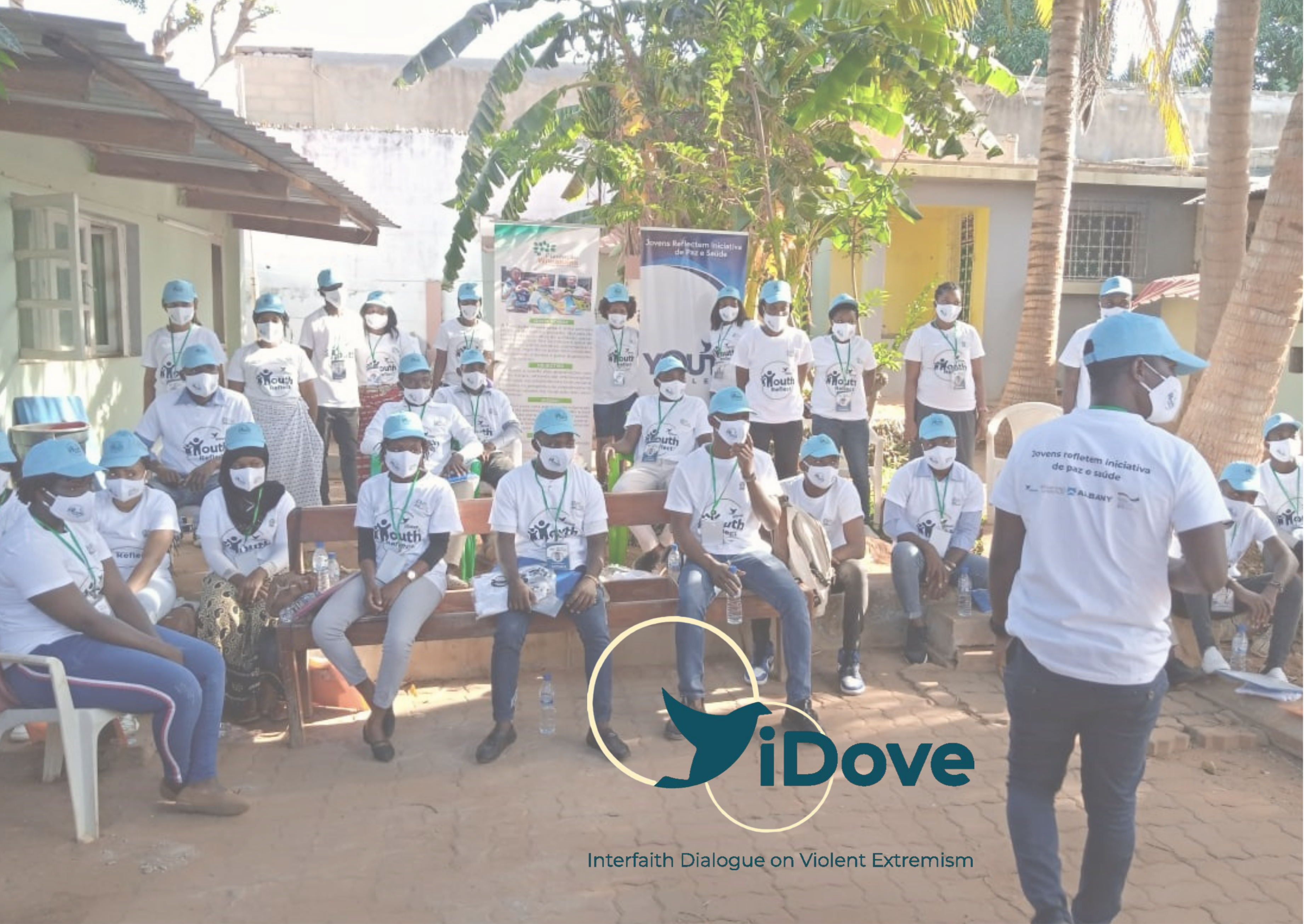
iDove – Interfaith Dialogue on Violent Extremism
ongoing
By building on existing initiatives and supporting young people’s engagement and ideas, iDove aims to develop non-violent approaches to problem-solving that strengthen social cohesion and create a forum for exchange and learning.
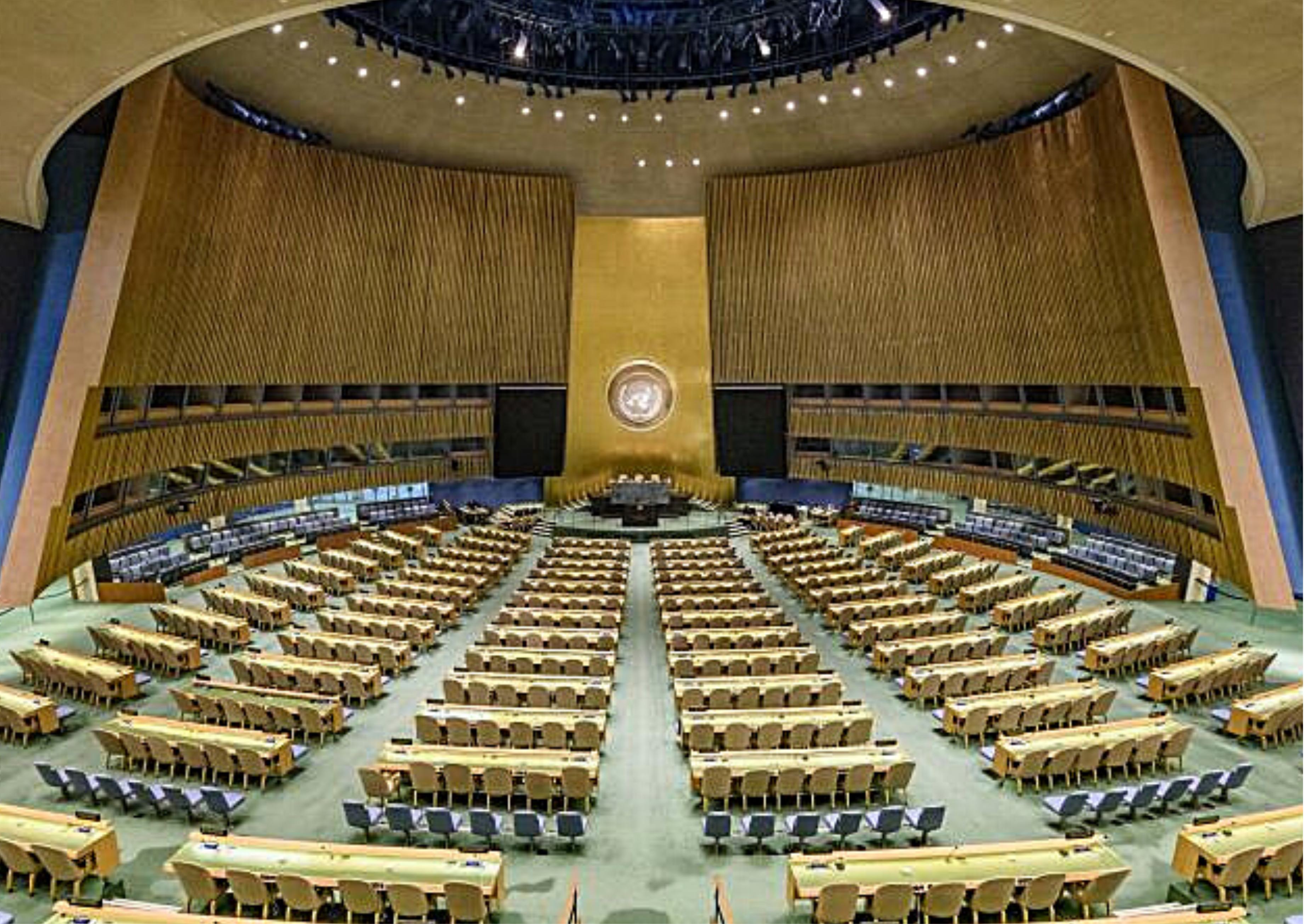
Network at the United Nations
Networking is a significant part of the work and effective functioning of the Network in supporting its members and partners. The New York Office (NYO) is the key interface between the Network and international, political, development, humanitarian, peace, and security actors. As a connector, the Network’s presence in New York is critical as these actors oversee international peace and security agenda that can influence conditions on the ground, which in turn have a profound effect on the Network and its partners.
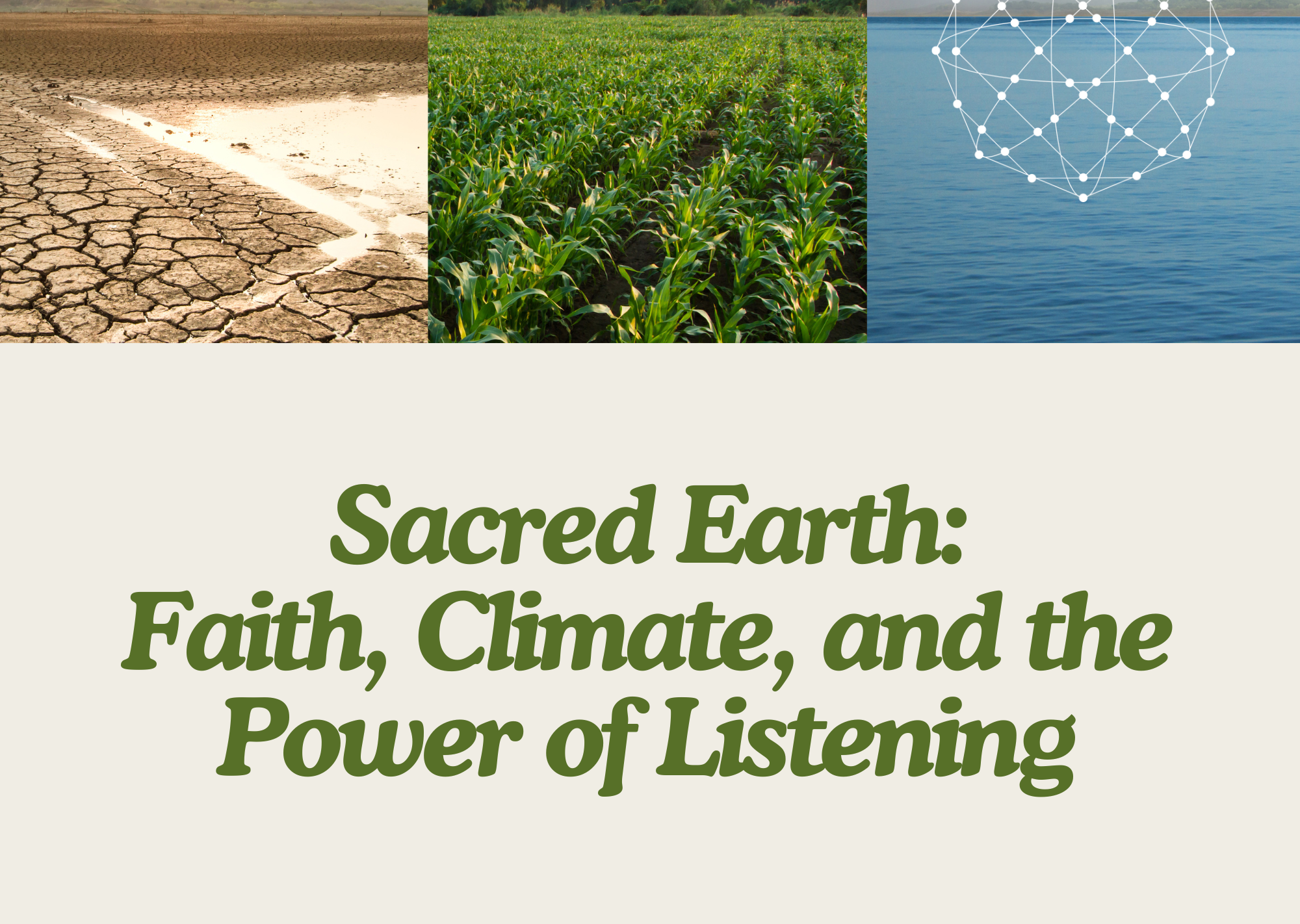
Sacred Earth: Faith, Climate, and the Power of Listening
Completed
A multimedia project elevating the voices of faith communities as they address climate-driven conflicts in their communities.
